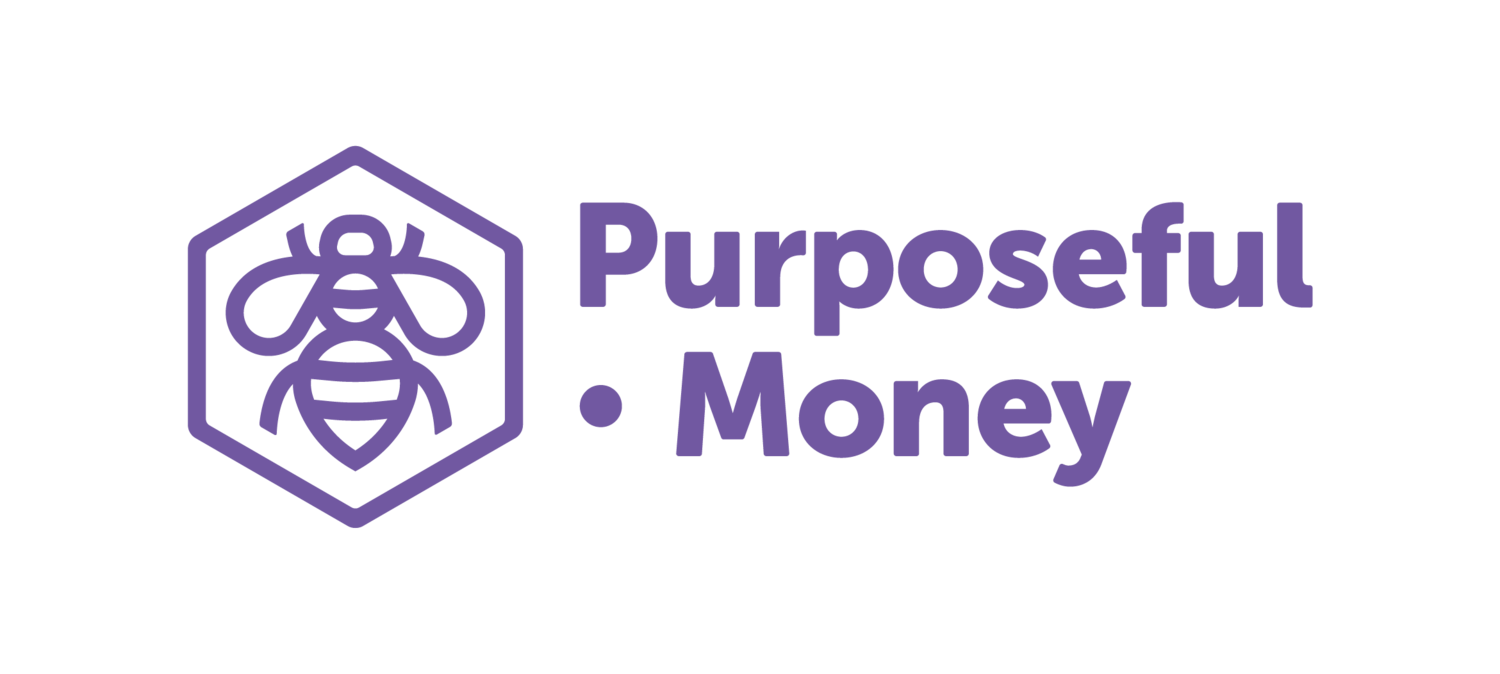Alquity Indian Subcontinent Y A GBP
/Our objective is to provide growth for investors by tapping into the fast-moving, dynamic opportunities across the Indian Subcontinent by focusing on long-term investment themes such as demographics, urbanisation, the New India and long-term competitive advantages.
Negative
Alcohol Production
Companies with over 5% revenues attributed to the manufacture of alcoholic spirits in their most recent financial report are excluded from the fund's investable universe. This exclusion also applies to conglomerates where this issue comprises over 5% of revenue.
A distinction is made between spirits, which are regarded as inherently harmful; and beer and wine, which are not. Beer and wine manufacture are not excluded under this criterion.
Armaments
Companies with over 5% revenues attributed to the Armaments sector in their most recent financial report are excluded from the fund's investable universe. This exclusion also applies to conglomerates where this issue comprises over 5% of revenue.
Gambling
Companies with over 5% revenues attributed to the Gambling sector in their most recent financial report are excluded from the fund's investable universe. This exclusion also applies to conglomerates where this issue comprises over 5% of revenue.
Pornography
Companies with over 5% revenues attributed to the Adult Entertainment sector in their most recent financial report are excluded from the fund's investable universe. This exclusion also applies to conglomerates where this issue comprises over 5% of revenue.
Tobacco Production
Companies with over 5% revenues attributed to the production of tobacco or manufacture of tobacco products in their most recent financial report are excluded from the fund's investable universe. This exclusion also applies to conglomerates where this issue comprises over 5% of revenue.
Positive
Community Positive
Through its Transforming Lives programme, Alquity donates up to 25% of its management fees to support local entrepreneurs in getting small businesses off the ground in the regions in which its funds invest. Working through local partners in these regions the programme supports projects including:
Providing essential skills training for sustainable job creation;
Empowering the poorest in society with practical skills and the means to grow their income;
Supporting ICT training to prepare young people for higher education and employment;
Lifting children out of suffering and poverty; and
Providing microfinance and training for women developing small business.
Corporate Governance Positive
Alquity is an active shareholder and always exercises its voting rights. It engages extensively with the management of companies in which it invests to help improve their environmental, social, and governance performance, including governance/transparency - directors independence; related party transactions; use of cash and equity raising history; accounting policies and reputation of auditors; treatment of minority shareholders; access to management; disclosure; ESG policies and reporting.
Engagement Approach
Alquity is an active shareholder and always exercises its voting rights. It engages extensively with the management of companies in which it invests to help improve their environmental, social, and governance performance, including:
Environment - environmental standards; waste and water management; carbon emissions.
Society - health and safety practices; supply chain labour standards; social and anti-discrimination policies.
Investments are made with the expectation of positive change and, depending on the overall investment analysis, companies that move backwards in these areas are exited.
Environment Climate Change Positive
Alquity's company analysis processes include investigation of:
Environmental standards and practices.
Waste management and water usage.
Carbon emissions.
Human Rights Positive
Alquity's investment analysis includes investigation of:
Health and safety policies and practices.
Labour standards within company supply chains.
Social and anti-discrimination policies.

